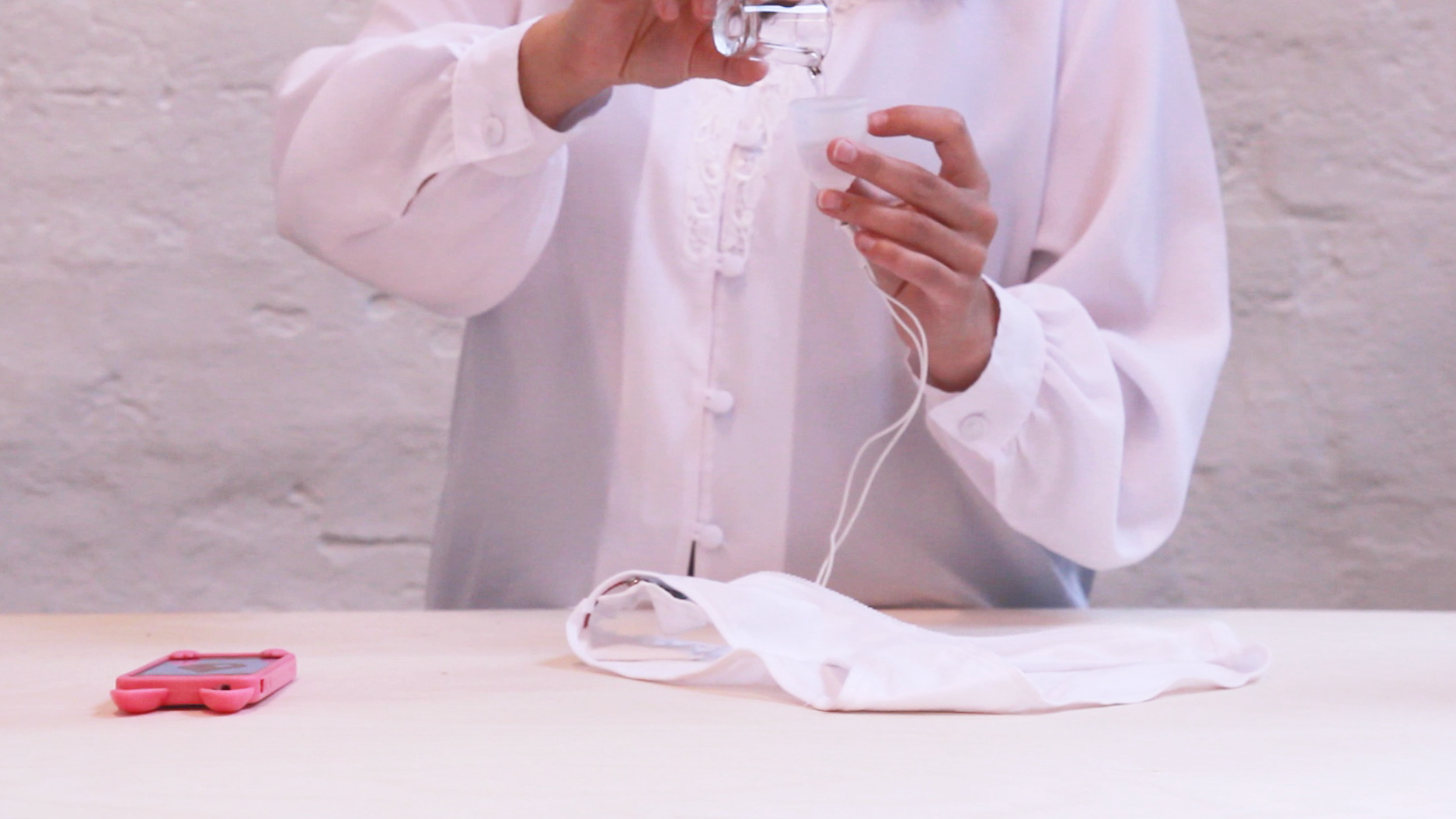Pre-defence: “Intimate Design // critical-feminist design practices of intimacy”
In connection with her pre-defence, PhD student Marie Louise Juul Søndergaard will be presenting her doctoral work in the PhD project tentatively titled “Intimate Design // critical-feminist design practices of intimacy”. A pre-defence is a discussion of the preliminary progress and findings and the public presentation is open for all whereas the following discussion is for invited discussants only.
Info about event
Time

Supervisor: Lone Koefoed Hansen
Co-supervisor: Geoff Cox
Opponents:
Artist and researcher Kristina Lindström (Malmö University)
associate professor Søren Pold (Aarhus University)
***
Abstract of PhD project:
“Intimate Design // critical-feminist design practices of intimacy”
Our bodies are tracked, managed and empowered through digital technologies. With a particular political agenda and ideology, intimate technologies propose visions for a future, where we not only have particular kinds of technological devices and infrastructure, but also particular kinds of bodies, particular kinds of values, and particular kinds of social and cultural systems. With this PhD thesis, I aim to contribute to interaction design research through a particular critical and feminist focus on intimacy. The aim of this PhD thesis is twofold: The first aim addresses how intimacy matters in digital culture and how intimate technologies shape our everyday life, and the second aim addresses designerly ways of researching intimacy and creating spaces for discussing the intimate and dark sides of everyday life. The PhD thesis is situated in the field of speculative and critical design, but works interdisciplinary in the intersection of interaction design, HCI and digital aesthetics. My research practice is based on the design methodology programmatic design research, and draws on the theoretical framework of feminist techno science, critical theory and software studies. Through my design experiments I have worked with dark or tabooed themes such as menstruation, eroticism, unrecognized diagnosis, and gender and sexuality. This PhD thesis aims to contribute to critical design research with: 1) an understanding of how personal issues and bodily taboos, identity and cultural norms are co-shaped by intimate technologies and intimate technologies’ proposals of how “the good life” looks in the future, and 2) a proposal of designerly ways in which we (the designer and public) can collectively engage, challenge, materialize and discuss aspects of intimacy, with a particular focus on acting response-able with a cultural and social sensitivity towards the personal issues that the notion of intimacy may bring.
